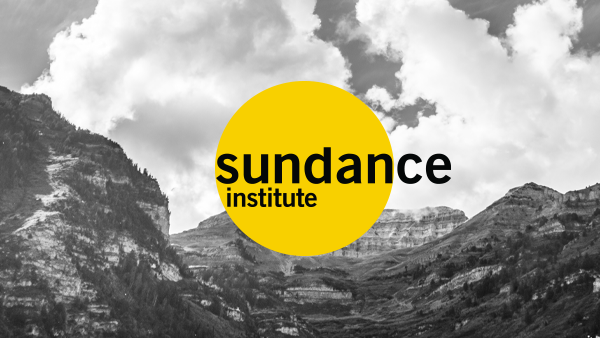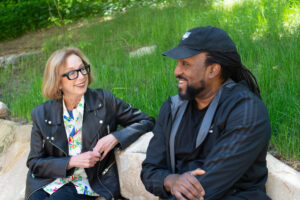Sundance Institute
Katie Metcalfe is the newest addition to the Sundance Film Festival Shorts Programming Team. We wanted to introduce you to one of the six people who are currently deciding on the fate of thousands of submissions.
1). Tell us a bit about your background. Do you have another job outside of the Sundance Film Festival? If so, what is it?
I also work at Future Shorts, a London-based short film distribution label and events company. My background is in cinematic events, producing immersive experiences around feature films using live music, set design and actors, bringing films to life for Future Cinema.
2). In your opinion, what is the role of a programmer?
I think a programmer plays a very key role in recognizing and championing talent and effectively using their experience to expose exciting new work to audiences.
3). What attracts you to the short form?
Short films lend themselves to being an excellent field for experimentation to play around with ideas, and as a result you can see many exciting and innovative pieces of work which can be an inspiring experience. I also love being taken on a journey through different perspectives and ways of seeing while watching a program of shorts.
4). What advice would you give filmmakers who are about to put their film out on the festival circuit?
Before you make the final edit, get someone who is not a family member or close friend to watch the film and give critical feedback. It’s vital at this stage to have objective input from someone who is not directly involved in the production, as they could make some key observations that change the way the film is received.
I would also put together a festival strategy which should be realistic and dependent on your goals. It’s always worth examining if your film has a niche angle, as its often easier to get specific audiences to connect with your film – so a LGBT, horror, or Jewish film festival etc. can be supportive of your work which can prove instrumental in getting your name known and your work seen.
5). Best Festival experience (can be any festival).
Clermont-Ferrand Short Film Festival and Market is always a good experience, as it’s a great place to reconnect with other filmmakers, short film buyers, and distributors – it feels as if most of the industry decamp to this small French town in February. On another note, I’ve always wanted to go to the Tampere Film Festival in Finland where the tradition is to go ice swimming at night!
6). Biggest pet peeve when it comes to your shorts screening experience (top clichés or things to avoid)?
I’ve seen a phenomenal number of time travel / dystopian future / zombie films which generally follow a very predictable narrative and visual style. I’d only suggest making one of these genre films if you feel you can create something truly original that is able to stand up on its own outside of these niches (such as Spencer Susser’s I Love Sarah Jane).
7). What are your thoughts on shorts distribution? How has it changed? What is the future? Who is doing it right and who isn’t?
Shorts distribution has changed dramatically in the past 10 years. The most sought-after sales have usually been to broadcasters, whereas now big sales to telecoms, technology, and automobile brands are offering far higher rates. Self-distribution has also come into its own, independently selling DVDs or digital downloads have become viable options for filmmakers and partner channels on sites such as YouTube mean you can earn revenue from the advertising being shown alongside your film. In this sense the market has become wider and more democratized, however, it is still evolving. Just the notion of being able to send films digitally across the world has completely changed the distribution sphere.




